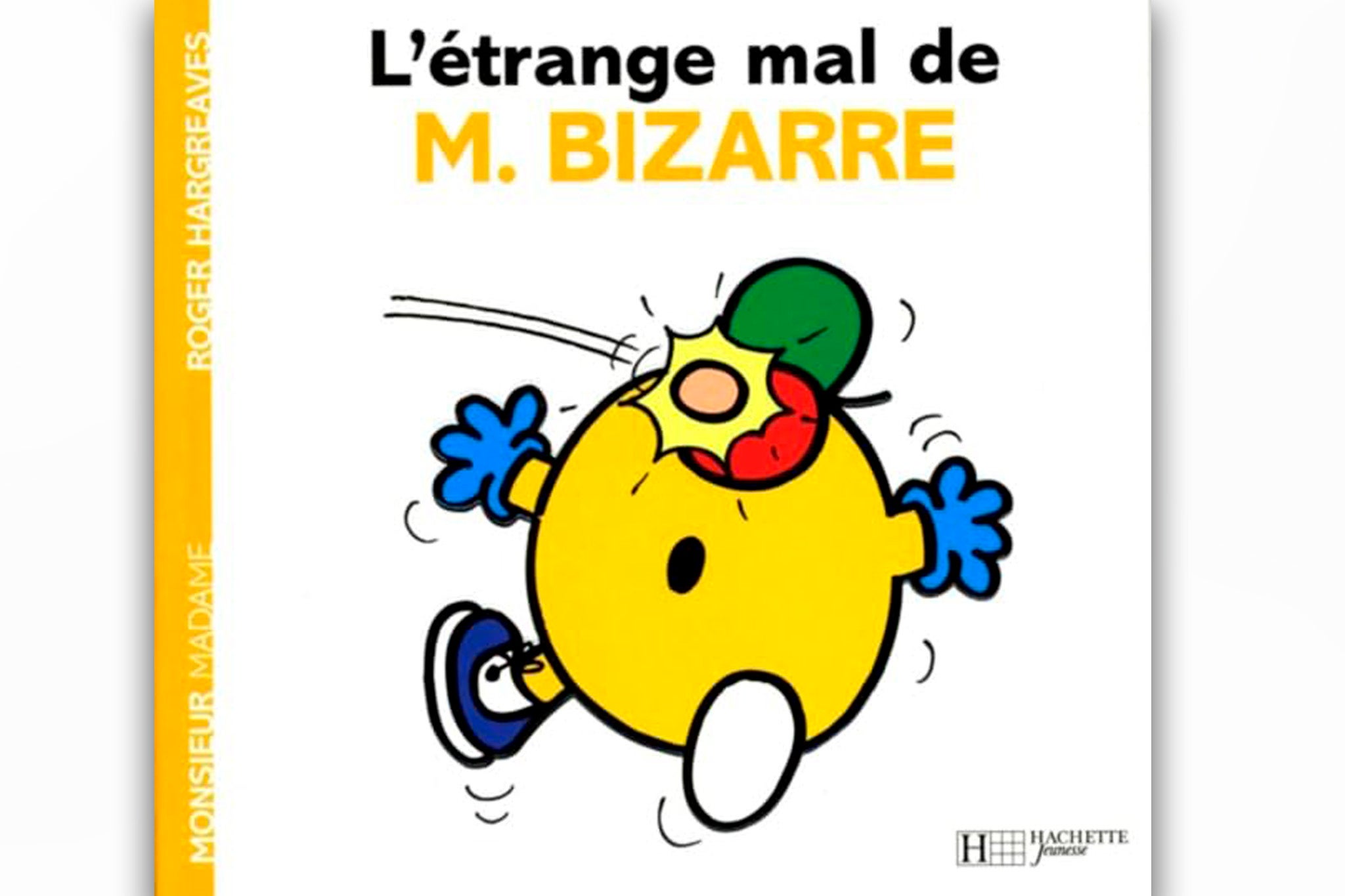Mea Culpa: A bizarrely overused headline word
In a bizarre twist, John Rentoul devotes his entire column about language and style to a single word


The word “bizarre” is quite strange. It comes from bizza, a 13th-century Italian word meaning a flash of anger, which gave us the adjective bizarro, short-tempered. It started to mean “odd” or “fantastic” when it arrived in French as bizarre in the 16th century. That was the meaning it took into English when we adopted it around the time of the civil war.
Since then, it has added to the richness of our language. But we can have too much of a good thing, and Liam James, a colleague of mine, has pointed out that we have been using it, and the adverb “bizarrely”, rather a lot recently.
In the past few days, for example, we had these two headlines: “Met Police boss bizarrely snatches reporter’s microphone outside cabinet office when quizzed about riots”, and “Gareth Southgate bizarrely claims England have no replacement for Kalvin Phillips”.
The behaviour of Sir Mark Rowley, the Metropolitan Police commissioner, was certainly unusual. That was, indeed, why we were reporting it. So did the reader really need to be told that it was bizarre? Wouldn’t a senior police officer snatching a reporter’s microphone speak for itself?
The other headline is a bit different, because it may not have been immediately obvious to the reader that there was anything odd about Southgate’s claim. Perhaps the “bizarre” was intended as a form of clickbait, in that I had to read on to try to find out. But I never did. We simply quoted the England manager, after a disappointing draw with Denmark, saying: “Unfortunately, Kalvin wasn’t a possible for us for this tournament.” So we used a word in the headline that implied that Southgate had said something newsworthy, but if he had, you had to know more about the story than was contained therein.
We did it again with a headline about Donald Trump’s running mate: “JD Vance joins TikTok – and bizarrely uses first video to promote hard seltzer.” I did not know what hard seltzer is, and the article did not explain, saying merely: “The video shows Vance accepting a box of Happy Dad Hard Seltzer.”
Some of our reporting of US politics is aimed at our audience of American readers, but the presidential election is of interest to readers outside the US, so we really should have explained that flavoured alcoholic fizzy water has become popular in the US recently as a supposedly healthier alternative to beer. Merely sticking the word “bizarrely” in the headline is no substitute. It just tells the reader what they should think without telling them why.
We use “bizarre” a lot too. Sometimes this is fine, as in “Caviar, baked beans and the bizarre ice cream toppings you actually should try” and “Marvel Cinematic Universe: 15 bizarre celebrity cameos you probably missed”, although we shouldn’t overdo it.
But sometimes it misfires. A headline reporting an interview with Anthony Ramos, the actor, said: “‘It was brutal’: Twisters star reveals bizarre ritual actors had to perform while filming.” That implies that they had to take part in something like a satanic ceremony, when in fact they were asked to suck on ice cubes before filming to avoid visible condensation on cold days. This is an interesting detail of film technique, but it is not a ritual, which is a symbolic act; it is a routine.
There is nothing wrong with teasers in headlines, or with using words such as “bizarre” as a way of saying, “You’ll never believe this!” But we should avoid misleading the reader, and we should be careful not to overuse one colourful and expressive word.
Subscribe to Independent Premium to bookmark this article
Want to bookmark your favourite articles and stories to read or reference later? Start your Independent Premium subscription today.
Join our commenting forum
Join thought-provoking conversations, follow other Independent readers and see their replies
Comments